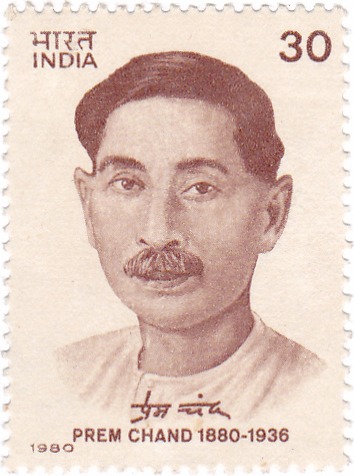Remembering Munshi Premchand: The Voice of the Voiceless Turns 145Today
By Amit Kumar

Today marks the 145th birth anniversary of Munshi Premchand, one of the most influential literary
figures in Indian history. Born as Dhanpat Rai Srivastava on July 31, 1880, in the village of Lamhi near
Varanasi, Premchand’s legacy as the “Upanyas Samrat” (Emperor of Novels) remains unchallenged in
Hindi and Urdu literature.
Premchand’s writing was groundbreaking for its time. He introduced realism into Indian fiction, giving voice to the voiceless, peasants, women, laborers, and the oppressed. His stories were steeped in social reform and challenged feudalism, colonial injustice, caste discrimination, dowry, and gender inequality. At a time when romantic tales and mythology dominated, Premchand brought literature down to earth, capturing the raw pain, humor, and dignity of everyday life.
His journey from a modest background to becoming a literary icon is itself a story of resilience. Orphaned early, burdened with family responsibilities, and often struggling with poverty, Premchand held several teaching jobs before fully dedicating himself to writing. He originally wrote in Urdu under the name “Nawab Rai”, but after the British banned his patriotic work Soz-e-Watan, he adopted the pen name Premchand.
Over a career spanning three decades, Premchand wrote more than 300 short stories and 14 novels, including classics like Godaan, Gaban, Nirmala, and Seva Sadan. His short story Idgah remains a heartwarming tale of selfless love, while Kafan starkly reveals the apathy bred by poverty.
A fierce nationalist, Premchand resigned from government service in 1921 after Gandhi’s call for noncooperation. He edited literary magazines like Hans and Jagaran, founded the Saraswati Press, and
even wrote for films during a short stint in Bombay.
His final and perhaps greatest work, Godaan (1936), portrays the struggles of a poor farmer named Hori, symbolizing the soul of rural India. Premchand passed away the same year, leaving behind a literary legacy that continues to inspire generations.
As we remember Munshi Premchand today, his writings remain as relevant as ever, a mirror to
society and a voice for justice, compassion, and change.
